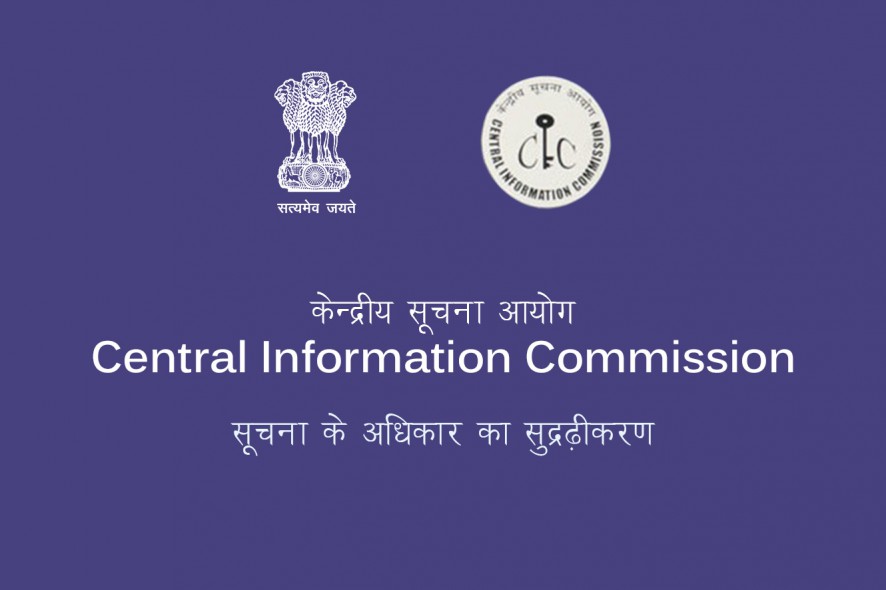Central Information Commission (CIC): Amita Pandove (Information Commissioner), came down heavily on CPIO, All India Radio for abdicating his duties.
Appellant filed an RTI application seeking information on the following points:
- “Have the security personnel, i.e., armed and /or unarmed security guards and security supervisors ever been deployed in All India Radio Directorate premises through any private security agency sponsored by Director General of Resettlement (DGR).
- If so, was the extra amount such as Relieving Charges etc. paid to the security agency for the arrangement of substitute of the Guards availing weekly off or other holidays as admissible to him/them in accordance with DGR guidelines.
- In the event of payment of extra amount such as Relieving Charges etc., how were the substitutes of the Guards or by extra hours of duty by any other guards within the contracted strength of Guards.
- In the event of the arrangement of substitute of any Guard proceeding on admissible weekly off/holiday from within their contracted strength of Guard, how was the payment against extra hours of duty performed by such guards regulated by payment of overtime or from payment of Relieving Charges etc.”
Instant RTI application was transferred by the RTI Cell to S.K. Tiwary, DDA (Archives) DG: AIR. CPIO had informed the appellant that AIR: Installations/transmitters were covered under the Indian Official Secrets Act, 1923 and therefore were prohibited places. Further CPIO stated that the information sought at point 1 to 4 were in the form of query which could not be replied by the CPIO as per the relevant provisions of the RTI Act.
Present second appeal was filed in light of unsatisfactory reply being furnished by the respondent.
Bench observed that the denial of the information by the respondent was only based on the argument that the disclosure of information may jeopardize the safety and security of AIR: installations and accordingly he invoked Section 8(1)(a) of the RTI Act.
Section 22 of the RTI Act was referred, which stated as follows:
“22. Act to have overriding effect – The provisions of this Act shall have effect notwithstanding anything inconsistent therewith contained in the Official Secrets Act, 1923 (19 of 1923), and any other law for the time being in force or instrument having effect by virtue of any law other than this Act.”
Bench stated that the implication of the above Section has to be read into the present matter, wherein, even if the protocol of any other nature subsisted, it was the statutory duty of the CPIO to respond on the RTI application by either providing the information or denying it under appropriate exemption clause of the RTI Act.
Since no reasonable justification was given by the CPIO, Commission attributes the mala fide intention of the CPIO per se in the deemed refusal.
Commission warned the CPIO to remain careful in future while dealing with the matter under the RTI Act.
CPIO is not at liberty to rely on other law/rules/orders/circulars for the time being in force, in matters of RTI Act. It is a statutory duty cast upon him to affect relevant provisions according to the circumstances and he cannot abdicate his powers enlarged unto him under RTI Act, as has been done in the instant case.
Supreme Court’s observation in the matter of CPIO, Supreme Court of India v. Subhash Chandra Agarwal,2009 SCC OnLine Del 2714, held that:
“There can be no doubt that the Act is premised on disclosure being the norm, and refusal, the exception.”
Hence, in view of the above CPIO was directed to provide relevant information to the appellant as sought in the RTI application. [Rajesh Babu v. CPIO, Asstt. DG (Security) Prasar Bharati, (India’s Public Service Broadcaster), Directorate General, All India Radio; Second Appeal No. CIC/DGAAR/A/2018/635823; decided on 07-10-2020]



here the rules are talking about Having the security personnel or armed or without armed should all of them follow the noms as per Director General of Resettlement , so it will be very helpfull for the people who are working as a personel security and they must have the guidence to be followed.